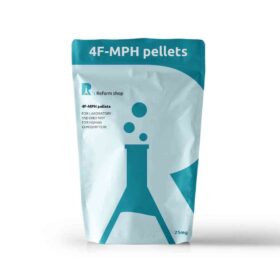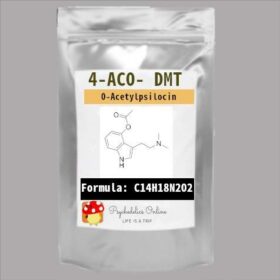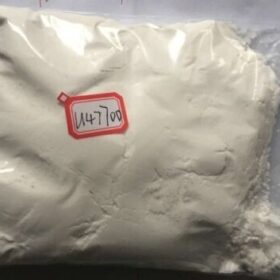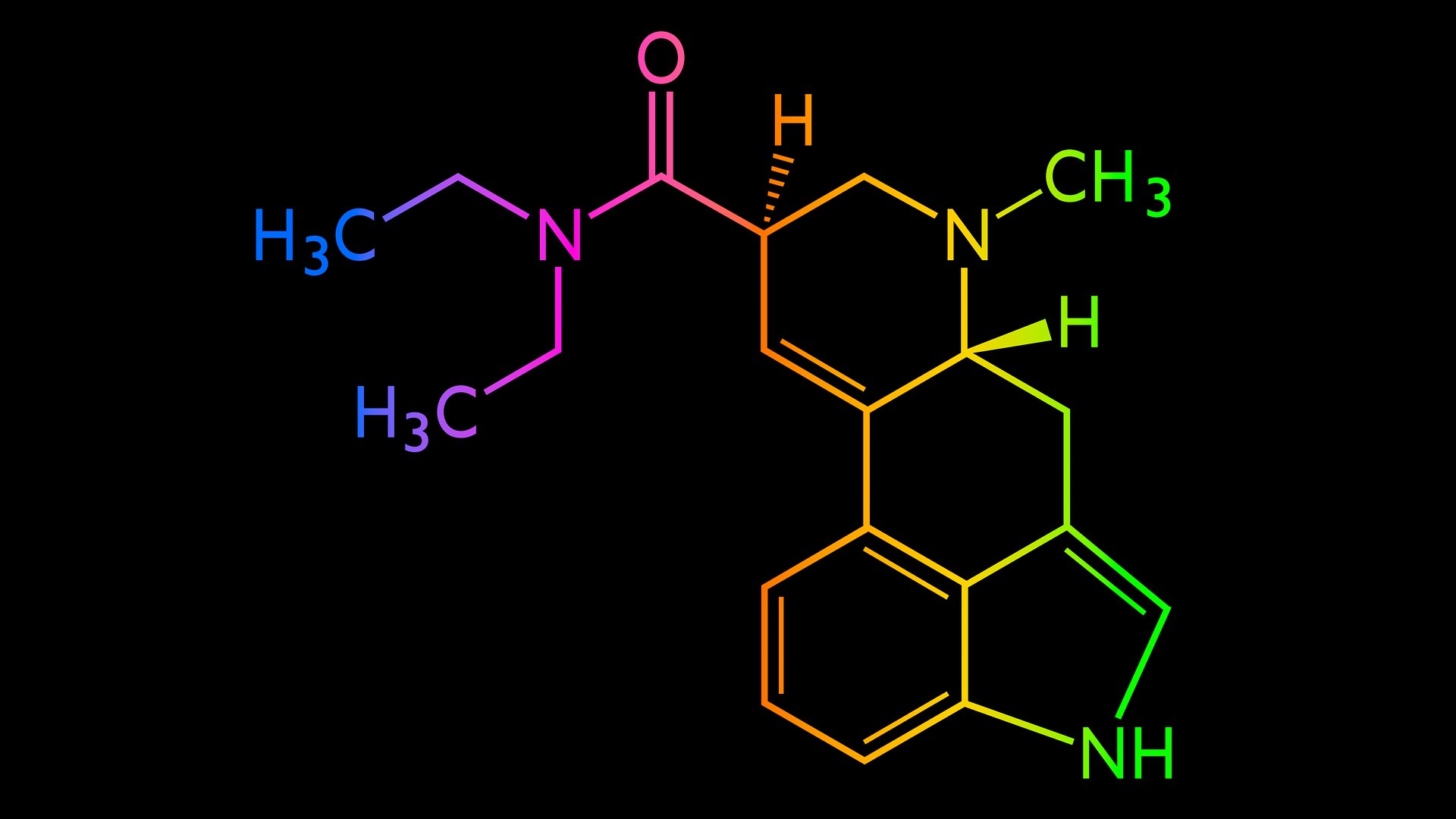In the ever-evolving landscape of psychedelic substances, the legality of 4-Aco-DMT, also known as acetylpsilocin, stands out as a complex question that sparks curiosity among enthusiasts and researchers alike, including experienced tryptamine users familiar with psychoactive drugs like methyltryptamine. Often compared to psilocybin, a psychedelic tryptamine, for its similar psychoactive properties, this synthetic compound, part of the psychedelic phenethylamines category, finds itself in a grey area of the law regarding psychedelic drugs, with legal status varying significantly from one country to another. Understanding where 4-Aco-DMT, a psychedelic compound also known as acetylpsilocin and part of the psychedelic phenethylamines with notable psychedelic properties, stands in the eyes of the law is crucial for anyone considering its use, whether for scientific research or personal exploration. This post aims to shed light on the legal intricacies surrounding 4-Aco-DMT, a tryptamine with psychedelic properties similar to psilocin, the active ingredient in magic mushrooms, navigating through the maze of regulations to provide clear insights.
-
 Buy 4F-MPH – Best Deals on 4F-MPH for Sale!Price range: $150.00 through $1,600.00
Buy 4F-MPH – Best Deals on 4F-MPH for Sale!Price range: $150.00 through $1,600.00 -
 Buy 4 AcO DMT Online: Unveiling Psychedelics vs. 2C & NBOMePrice range: $400.00 through $3,400.00
Buy 4 AcO DMT Online: Unveiling Psychedelics vs. 2C & NBOMePrice range: $400.00 through $3,400.00 -
 Buy U-47700 Powder Online: Effects, Uses, and Street NamesPrice range: $230.00 through $3,000.00
Buy U-47700 Powder Online: Effects, Uses, and Street NamesPrice range: $230.00 through $3,000.00
Key Takeaways
- 4-AcO-DMT, a psilocin analog and one of the tryptamines studied in mushroom studies, varies significantly across countries, making it crucial to check local laws before possession or use.
- Recent legal changes in some regions might affect the status of 4-AcO-DMT, a member of the tryptamines family and a prodrug to psilocin, indicating a need for ongoing awareness and research for those interested in its use. This shift has met with varied reactions across the board, making it a topic of discussion in many rooms.
- The legal implications of possessing, using, or distributing 4-AcO-DMT, a tryptamine structurally similar to psilocin and often met in the same legal room, can be severe, including fines and imprisonment, underscoring the importance of understanding and complying with local laws.
- For those considering the use of 4-AcO-DMT, a tryptamine structurally similar to psilocin, for research or personal exploration, consulting with legal experts or resources can provide guidance and help avoid legal issues in this area.
- The evolving nature of drug laws suggests that the legal status of substances like 4-AcO-DMT, a tryptamine with similarities to psilocin, could change, making it essential to stay informed through credible sources.
- Understanding the legal context of 4-AcO-DMT, a tryptamine, not only helps individuals make informed decisions but also highlights the complex relationship between drug policy, scientific research, and societal attitudes towards psychoactive substances.
Understanding 4-AcO-DMT
Chemical Nature
4-AcO-DMT, also known as acetylpsilocin, is a psychedelic tryptamine closely related to the naturally occurring compound psilocybin found in magic mushrooms. Its tryptamine chemical structure and effects are similar, making it a subject of interest for those studying psychedelic substances.
This compound falls within the class of psychedelic compounds, sharing properties with other common psychedelics like DMT (dimethyltryptamine) and psilocybin. Unlike methamphetamine or MDMA, which are classified as amphetamines or phenethylamines, 4-AcO-DMT’s effects are rooted in its nature as a tryptamine.
Prevalence Among Users
Among psychoactive substance users, particularly those experienced with tryptamines, 4-AcO-DMT holds a significant position. It’s not as widely known as traditional tryptamine DMT, but it has garnered attention for its profound psychedelic experiences.
Studies suggest that its usage, met with interest in tryptamine compounds, is prevalent among a niche group of psychedelic enthusiasts who seek experiences akin to those provided by psilocybin mushrooms. This subset of users often compares various tryptamines, including 4-AcO-DMT, to find their preferred psychedelic experience.
Subjective Effects
Users report that 4-AcO-DMT offers a psychedelic experience similar to that of psilocybin, with alterations in perception, mood, and thought. Reports include vivid visual enhancements, emotional shifts, and deep introspective insights.
The subjective effects are often described as encompassing both mystical experiences and challenging introspections. This similarity to psilocybin makes 4-AcO-DMT a popular choice for those seeking the therapeutic and transformative benefits attributed to psychedelic mushrooms without the legal and accessibility hurdles associated with psilocybin.
Legal Status in Various Countries
United States
In the United States, 4-AcO-DMT falls into a gray area. It’s not explicitly listed as a controlled substance at the federal level. However, it could be considered an analog of psilocybin under the Federal Analogue Act. This classification means it might be treated as illegal for human consumption.
States have their own regulations, with some being stricter. The general public should be cautious and informed about their local laws before considering its use.
Europe
Across Europe, the legal status of 4-AcO-DMT varies significantly. In countries like the Netherlands, it was available through smart shops and online vendors until recent years. Now, it faces more stringent controls and is often classified alongside other psychedelic substances.
The United Kingdom has taken a broad approach by banning all psychoactive substances not specifically exempted, which includes 4-AcO-DMT under the Psychoactive Substances Act of 2016.
Research Context
Interestingly, some countries allow 4-AcO-DMT for research purposes. These regions recognize its potential in studying various compounds and their effects on the human mind. Researchers must obtain proper authorization and grants to study it, highlighting a difference in how it’s viewed by the scientific community versus law enforcement.
Comparatively, 4-AcO-DMT is often lumped together with other psychedelics like psilocybin and MDMA, despite differences in chemical structure and effect. This lack of differentiation can complicate legal and scientific discussions around its use and study.
Recent Legal Changes
Legislative Updates
Recent years have seen significant legislative changes affecting the legal status of 4-AcO-DMT. Jurisdictions worldwide are reevaluating their stance on psychedelic substances, leading to a mix of stricter controls and decriminalization efforts. Some countries have edited their drug laws, adding 4-AcO-DMT to controlled substances lists, citing public health concerns.
Countries are also exploring novel regulatory frameworks. These aim to balance harm reduction efforts with the potential medical benefits of psychedelics. Researchers and clinicians closely monitor these changes, eager to explore new therapeutic avenues.
Research Impact
The shifting legal landscape has had a profound impact on research. In places where legislation becomes more favorable, there’s an uptick in published articles and drug surveys. This is crucial for understanding 4-AcO-DMT’s effects and potential therapeutic uses.
However, in regions where restrictions tighten, scientists face hurdles. Access to 4-AcO-DMT for study purposes becomes challenging, slowing down progress. Despite this, the global research community remains committed to advancing our knowledge through whatever means are available.
User Experience
Legal changes also affect users’ experiences and safety practices. With more information available from recent studies, individuals can make informed decisions about consumption. Online forums and harm reduction platforms update their guidelines accordingly, sharing user reports and safety tips.
Interestingly, some users turn to 4-AcO-DMT as a legal alternative to psilocybin mushrooms in areas where it remains unregulated. They share their experiences online, contributing to a growing body of anecdotal evidence on its effects.
Implications of Legality
Scientific Research
The legal status of 4-AcO-DMT significantly impacts scientific exploration. Researchers face hurdles in studying its potential due to stringent regulations. This limits our understanding of its physical effects and therapeutic potential. Without legal clearance, the scope of research narrows, delaying insights into its efficacy and safety.
Studies on its visual and emotional effects remain scarce. The confidentiality surrounding its use hampers comprehensive analysis. Consequently, the scientific community lacks data on long-term side effects and optimal dosages.
Therapeutic Use
Legality directly influences 4-AcO-DMT’s availability for therapy. In regions where it’s illegal, individuals seeking alternative treatments may face barriers. This restricts access to a substance that shows promise in treating various mental health issues.
The potential for empathy enhancement and deep emotional insights could benefit therapy sessions. However, without legal sanction, these benefits remain largely theoretical. Patients and therapists alike are left waiting for a change in status to explore these avenues fully.
Social Implications
Regulating substances like 4-AcO-DMT carries broader social implications. On one hand, control aims to protect public health by preventing misuse. Yet, it also stirs a conflict between harm reduction and personal freedom.
The debate often overlooks the substance’s purity and the importance of informed usage among potential users. Misinformation thrives where official guidance is lacking, leading to risky behaviors and misunderstandings of its effects.
Summary
Navigating the legal landscape of 4-AcO-DMT proves tricky, with laws varying widely across countries and recent changes further complicating matters. Your understanding of its legal status is crucial, whether you’re a researcher, enthusiast, or just curious. The implications of legality for access, research, and personal use can’t be overstated. Knowing where 4-AcO-DMT stands in the eyes of the law helps you make informed decisions, ensuring you stay on the right side of regulations.
Stay updated and dive deeper into the nuances of psychedelic substance laws. Your awareness and actions contribute to the broader conversation on drug policy and research. Engage with communities and platforms that focus on these discussions. Remember, knowledge is power—especially in areas as dynamically regulated as psychoactive substances. Let’s keep the dialogue open and informed.
Frequently Asked Questions
Is 4-AcO-DMT legal worldwide?
No, 4-AcO-DMT’s legality varies by country, with it being illegal in some places and unregulated in others.
Can you possess 4-AcO-DMT legally in the United States?
As of now, 4-AcO-DMT is considered a Schedule I substance in the USA, making its possession illegal.
Has there been any recent change in the legal status of 4-AcO-DMT?
Recent changes in some countries’ legislation may affect its legal status, so it’s crucial to check the current laws in your jurisdiction.
What are the implications of 4-AcO-DMT’s legality for users?
Legal implications include potential criminal charges for possession or distribution, depending on local laws.
Is 4-AcO-DMT legal in the UK?
As of my last update, 4-AcO-DMT is classified under the Psychoactive Substances Act in the UK, making it illegal.
How does the legality of 4-AcO-DMT impact research?
The strict legal status in many countries limits scientific research and understanding of its potential therapeutic benefits.






